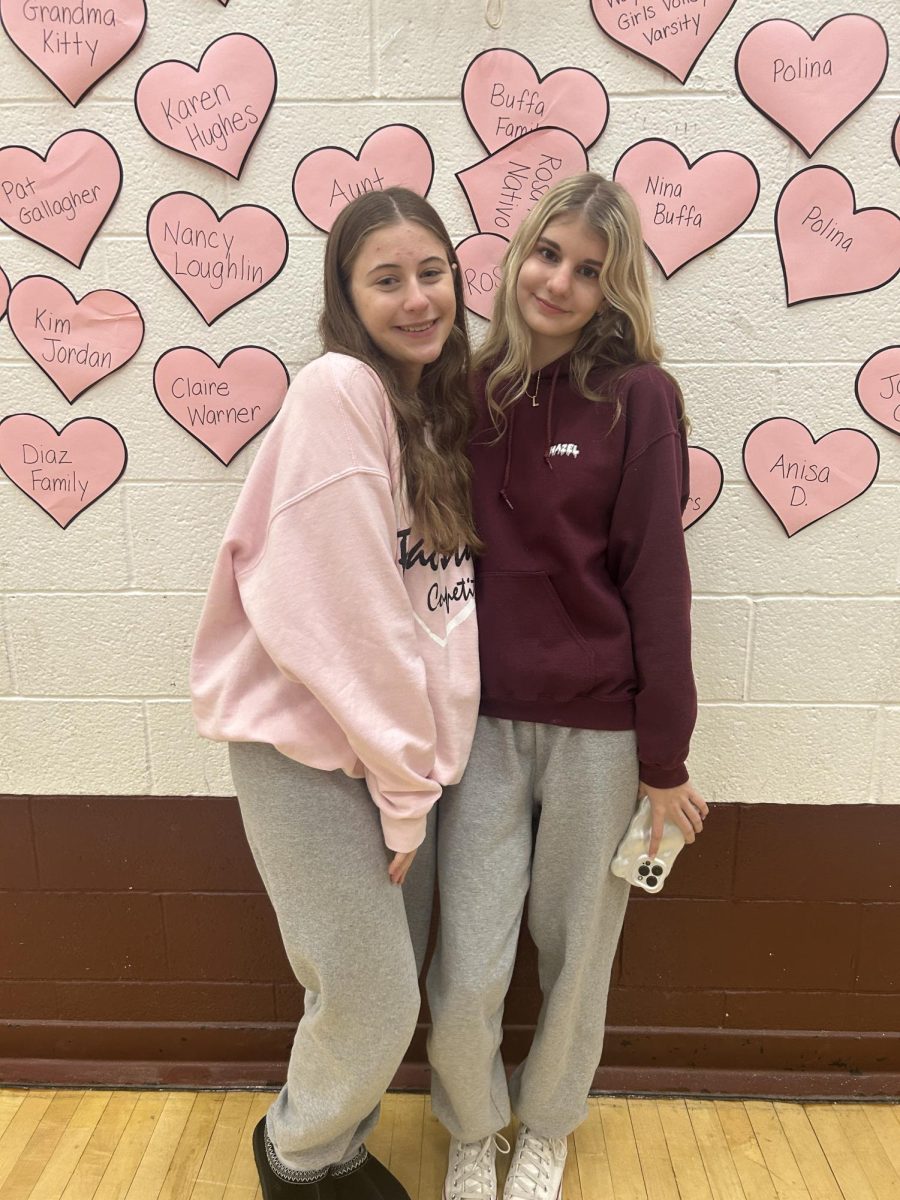The Effect of COVID-19 on Culture

May 24, 2021
In December of 2019, the first reports of the unknown coronavirus pandemic caused chaos throughout the globe. One year and four months later, COVID-19 continues to disrupt daily life.
With confirmed cases of COVID-19 now numbering well above 130,000, precautionary measures aimed at slowing the pandemic’s spread are becoming more widespread. As a result, public gatherings, tourist attractions and cultural institutions are among the riskiest places to be as the infection spreads.
In response to the growing threat, museums and theaters across the globe have shut their doors, while event planners have canceled festivals and fairs, all in hopes of keeping potential patrons safe.
Though some institutions have come up with creative ways of keeping visitors engaged—including trialing virtual versions of shows and exhibitions—many worry about the outbreak’s lasting fallout, especially on cultural celebrations.
Stricken by more than 80,000 confirmed COVID-19 cases and counting, China, has closed several of its largest museums. The list includes the National Art Museum of China in Beijing, the Guangdong Art Museum in Guangzhou and the Union Art Museum in Wuhan. Galleries have postponed openings, and international art fair Art Basel canceled its 2020 event in Hong Kong, where all public institutions have shut down. (Organizers have since announced an “Online Viewing Rooms” experience scheduled to debut later this month.)
To satisfy potential visitors, several closed Chinese museums have begun experimenting with digital exhibits. Around a hundred online experiences are accessible via China’s National Cultural Heritage Administration website.
European countries such as Poland have shut all of their museums for at least two weeks. The German capital of Berlin is taking similar steps, closing museums and cultural institutions until at least April 20. All state-run museums in the Czech Republic are shut until further notice.
Spain’s “Big Three” museums—the Prado, the Museo Reina Sofia and the Museo Nacional Thyssen-Bornemisza—are closed indefinitely. On Friday, the Louvre, the Musée d’Orsay, the Centre Pompidou and the Eiffel Tower all announced plans to close until further notice.
Italy’s 60 million residents are under a nationwide lockdown, and all museums have been mandated to shut their doors following weeks of intermittent closures. Among the Italian institutions and cultural heritage sites affected are the Colosseum; the Pompeii archaeological park; the Uffizi Galleries in Florence; the Vatican Museums; and Rome’s Scuderie del Quirinale.
Currently, India is suffering the most from the coronavirus. India has around 16 million covid cases and now globally has the greatest single day tally of Covid-19 cases. Recent election rallies in the country have resulted in this surge of Covid-19 cases.
Culturally, Covid-19 has led to mass cancellation of cultural events in India. Festivals and fairs, which were at times used to educate India’s public, have been cancelled. One important festival was the annual International Women Folk Dance festival in India which has officially been suspended due to the pandemic.
Another country devastated by Covid-19 is Turkey. There, schools have been closed and people have shifted to digital learning. Museums that used to be a vital part of tourism in Turkey have been closed. Turkey’s archaeological sites have also been greatly impacted. The solution has been to provide virtual access to these sites. However, this solution still does little to minimize the damage done by Covid-19.
Despite the negative impacts of COVID-19 on culture, there is still a bit of positivity that can be reflected.
“Covid has definitely taken a toll on the arts— and that has directly affected cultural celebrations,” says sophomore Sophia Kim. “I think the positive is that I’m more aware of the things I took for granted— I appreciate culture a lot more than I did because I have all this time lying around me to do such. There’s so much diversity out there, and we should all take a moment or two to learn about other cultures! It’s the least we could do during these hard times.”
Until all cultural celebrations can be allowed to flourish to their full potential, it is essential that the world continues to make the best of the situation presented.






